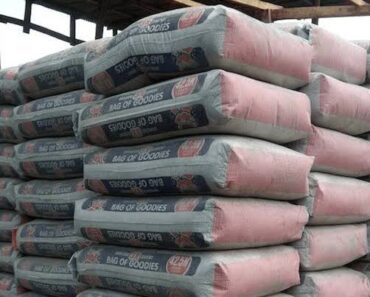Despite the obvious health benefits of beans, many people limit their consumption due to concerns about certain medical conditions. Flatulence and stomach irritation, including stool changes and bloating, can result from consuming too many beans. According to Medicalnewstoday, a person should reduce bean intake if he/she is suffering from these medical conditions....CONTINUE READING
1. Gastrointestinal problem.
Beans are high in protein and fibre, but they also contain difficult-to-digest carbohydrates, which produce flatulence and cramping. There are no enzymes in your body that can break them down. Instead, bacteria in your gut do the work, releasing gas in the process.
Participants in a research were given either a half cup of beans or a quarter cup of beans to eat for 12 weeks. During the first week, less than half of the individuals experienced higher gas with pinto or baked beans, and 19 percent experienced greater flatulence with black-eyed peas. Approximately 3% to 11% of subjects reported increased flatulence over the course of the research.
2. Constipation.
Constipation is a medical disorder characterised by fewer than three bowel motions per week. In fact, as many as 27% of adults have witnessed it, as well as the symptoms that follow, such as bloating and gas. The older you get or the less active you are, the more likely you are to develop it.
Constipation can be caused by eating too many beans. This, however, is dependent on the strength of your immune system. This happens when bowel motions become less frequent and the bowel becomes initiated. This is most commonly caused by dietary changes or a lack of fibre.
However, this disadvantage can occur if you refuse to drink enough water after eating beans. This is because whole grains are made up of soluble and insoluble fibres, and soluble fibres require fluid to flow through the system as expected.
3. Weak kidneys.
Bean consumption is never easy for dialysis patients due to the high phosphorus and potassium levels. Instead, include a variety of beans in your normal diet. Half a cup of beans contains 6 to 15 grammes of protein and 4 to 9 grammes of fibre. Because gaining enough fibre in the kidney diet is difficult for most dialysis patients, this meal should be limited or avoided entirely






